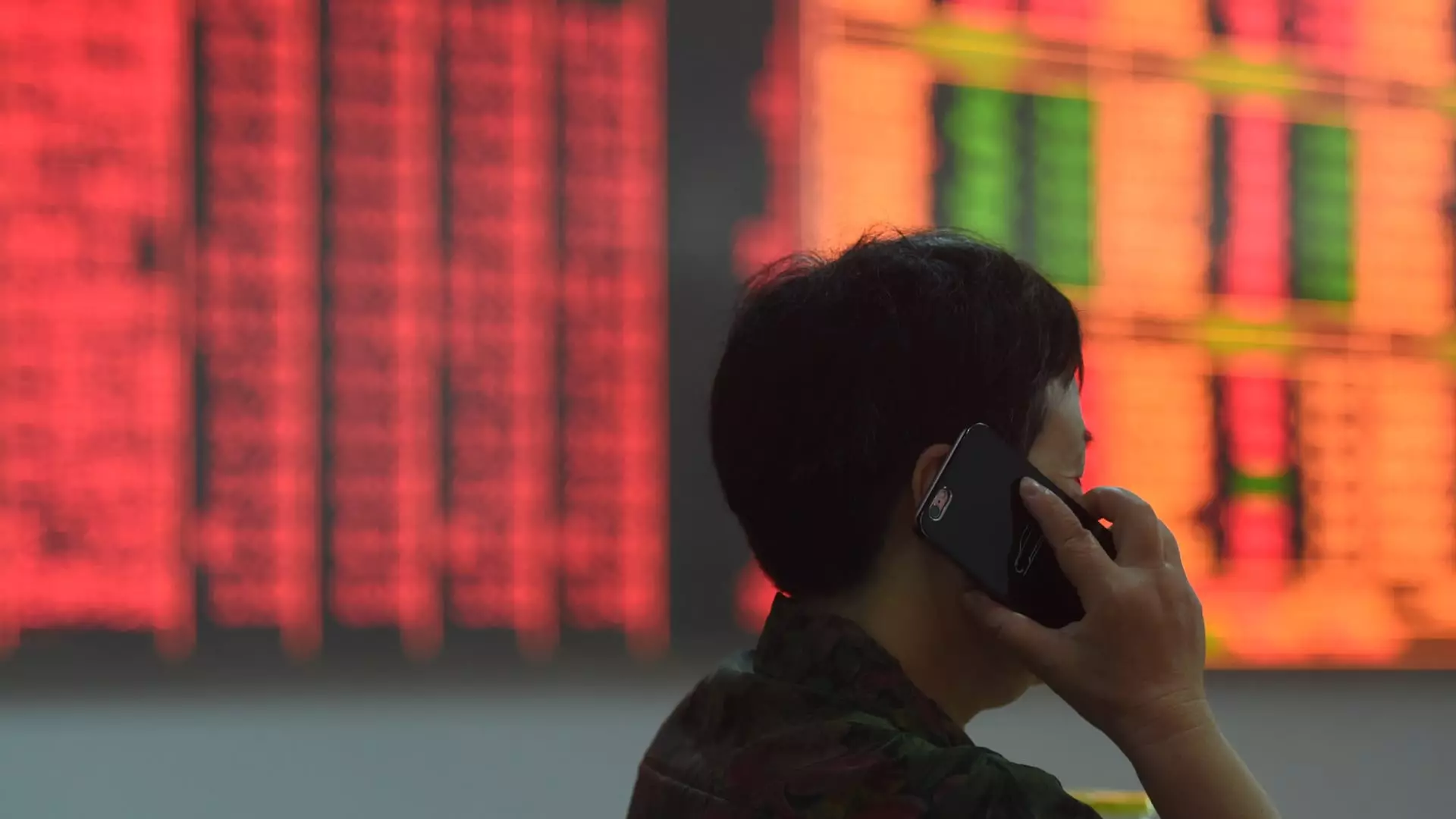On Monday, Chinese stock markets marked a significant milestone, experiencing their most impressive daily increase in over a decade and a half. This surge was largely fueled by a series of newly announced economic stimulus measures aimed at stabilizing the struggling property sector. The Shanghai Composite Index saw an impressive climb of 8.06%, an accomplishment not witnessed since September 2008. This rally also marked a continuation of a nine-day winning streak, culminating in a noteworthy 17.39% increase for September—its first monthly gain in five months and the highest performance since April 2015. Meanwhile, the Shenzhen Composite Index surged by 10.9%, a remarkable rise that echoed its best day since April 1996 and a staggering 24.8% increase throughout September, the best monthly performance since April 2007.
This sudden optimism wasn’t limited to just the domestic sphere; it rippled through U.S. markets as well. Multiple exchange-traded funds (ETFs), such as the KraneShares CSI China Internet ETF (KWEB), experienced considerable gains, with the latter climbing 4.2% on the same day. The iShares China Large-Cap ETF (FXI) also experienced a healthy 2.2% uptick. U.S.-listed companies linked to the Chinese market followed suit; for instance, the shares of Kanzhun and online entertainment platform Bilibili rose by 9% and 2.9%, respectively. Notably, the online brokerage Futu Holdings soared by an impressive 15%, showcasing how closely intertwined these markets have become.
Economic Policies and Market Outlook
The previous week’s announcement from Beijing, which included interest rate cuts as part of broader economic stimulus efforts, played a critical role in this market uptick. Chinese leaders, including President Xi Jinping, reiterated commitments to bolster the economy during discussions with state media. Art Hogan, the chief market strategist at B. Riley Securities, noted that while these measures may not guarantee an immediate economic turnaround, they represent an essential initial step. He stated, “I think the impact of a strengthening China can’t be underestimated,” suggesting a shift in market expectations that could influence future investments.
As a result of these developments, there has been a noticeable shift in U.S. investor sentiment toward Chinese equities. Noteworthy figures, such as billionaire hedge fund manager David Tepper, have openly expressed their bullish outlook on Chinese stocks. Tepper revealed that he has significantly increased his investments in Chinese assets following the Federal Reserve’s recent rate cuts. This influx of investment not only signifies growing confidence in China’s market recovery but also indicates a recalibration of risk and return expectations among investors worldwide.
The combination of effective economic policies and a rejuvenated investor outlook has led to an unprecedented and historic rally in Chinese stock markets. As the global financial landscape continues to evolve, the implications of China’s recovery extend beyond its borders, potentially reshaping market dynamics for international investors. The coming months will be crucial in determining whether these optimistic projections can be sustained, as stakeholders eagerly monitor the unfolding economic trends in China.

